Russia expels 85 diplomats from France, Spain and Italy in retaliatory move
Russia on Wednesday declared 85 diplomats from France, Spain, and Italy "persona non grata" in a retaliatory move, effectively ordering their expulsion, as the war in Ukraine rages on.
Russian foreign ministry in a statement said “as a response” to Paris, “thirty-four employees of French diplomatic missions in Russia have been declared persona non grata.”
It added that these French diplomats “are ordered to leave the territory of Russia within two weeks from the date of delivery of the relevant note to the ambassador.”
The ministry also noted that the step was taken in response to the expulsion of 41 Russian diplomats from France, referring to the expulsion of six Russian diplomats by Paris on April 11 and 35 others on April 4.
Earlier in the day, the Russian foreign ministry had summoned the French ambassador to Russia Pierre Levy to register a protest over the French government’s move to expel 41 Russian diplomats.
Reacting to the Kremlin’s decision, France said it “strongly condemns” the move, claiming that the expulsion of 34 French diplomats had “no legitimate basis,” and that “the work of the diplomats and staff at [France’s] embassy in Russia... takes place fully within the framework of the Vienna Convention on diplomatic and consular relations.”
Russia also announced its decision to expel 27 diplomats from Spain and 24 from Italy, in a tit-for-tat move, on Wednesday.
Italian premier Mario Draghi called the announcement a “hostile act” and said diplomatic channels must not be interrupted.
“In repeating our firm condemnation of the aggression against Ukraine by the Russian Federation, Italy strongly demands an immediate ceasefire that will end the suffering of civilian populations and guarantee the start of concrete negotiations for a political and sustainable solution to the conflict,” the Italian foreign ministry said in a statement.
Spain’s foreign ministry rejected the decision as not based on the principle of reciprocity, citing “duly justified security reasons” for the expulsion of the Russian embassy staff from Madrid last month.
France, Italy, and Spain are among European nations that have ousted more than 300 Russians since Moscow launched the military operation on February 2.
France says will defend Finland, Sweden against attack
The support of Western countries to the NATO membership bid from Sweden and Finland has heightened tensions between them and Russia.
The French government has said that it is prepared to support Finland and Sweden both politically and militarily against any threats after they applied for membership in the US-led military alliance.
The statement came as both Nordic countries officially requested to join the alliance, putting an end to decades of military nonalignment in a move they claim to be driven by Russia’s operation in Ukraine.
This is while Moscow has already threatened a “response” to the expansion of NATO, warning of consequences if Helsinki and Stockholm joined the Western alliance.
“Whoever would seek to test European solidarity by threatening or attacking their sovereignty, through whatever means, must be certain that France will stand shoulder to shoulder with Finland and Sweden,” the Elysee said.
“France reaffirms its commitment and solidarity under Article 42.7 of the Treaty of the European Union, and stands ready to increase its security and defense cooperation with both partners, including through high-level political consultations and enhanced military interactions,” the statement further read.
Early this week, Russian President Vladimir Putin said the Kremlin “does not have a problem” with Sweden or Finland as they apply for NATO membership, but the “expansion of military infrastructure onto this territory will of course give rise to our reaction in response.”
Finland shares a 1,300-kilometer border with Russia. If it joins NATO, the land border that Russia shares with the Western military alliance's territories would roughly double.
Last month, Dmitry Medvedev, the former Russian president and the current head of the current deputy chairman of the powerful Security Council, warned that Moscow would deploy nuclear weapons close to the Baltic States - in the Russian territory of Kaliningrad - if Finland and Sweden joined NATO.
Russia launched a military operation in Ukraine in late February, following Kiev’s failure to implement the terms of the Minsk agreements and Moscow’s recognition of the breakaway regions of Donetsk and Luhansk.
At the time, Russian President Vladimir Putin said one of the goals of what he called a “special military operation” was to “de-Nazify” Ukraine.
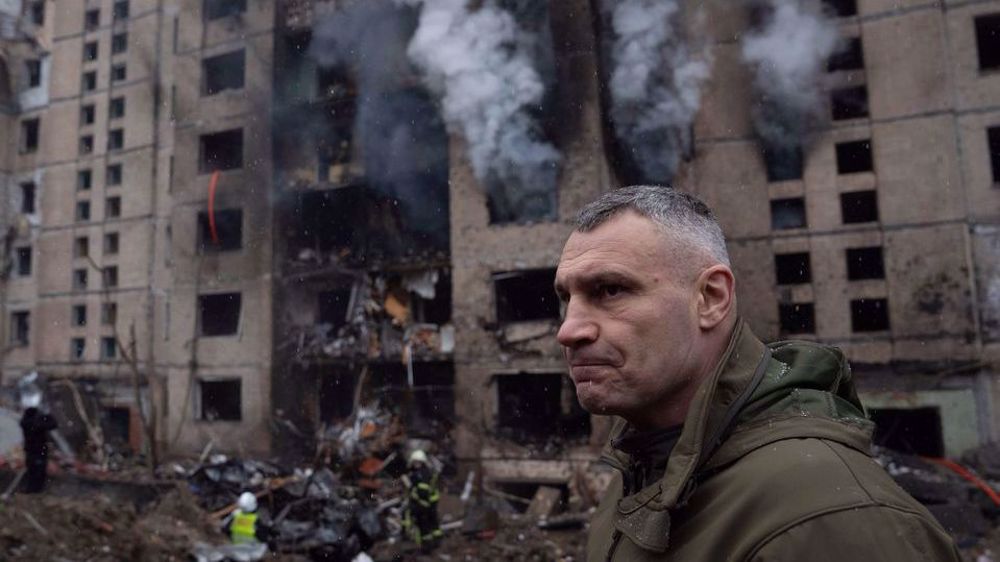
Ukraine may have to 'give up land' to Russia to secure peace: Kiev mayor
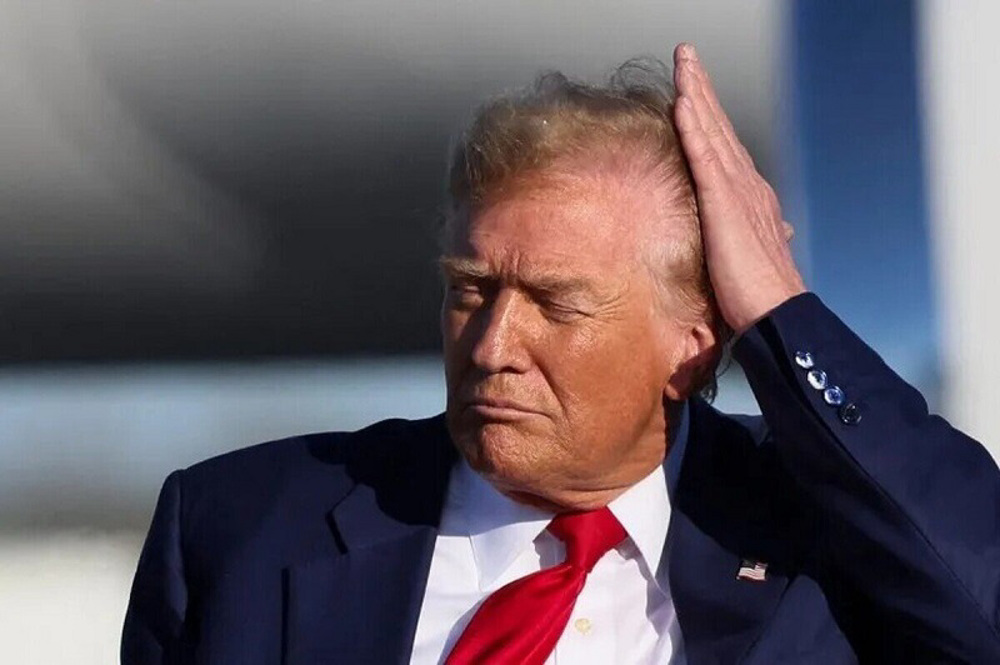
Trump Ukraine mediation muddle
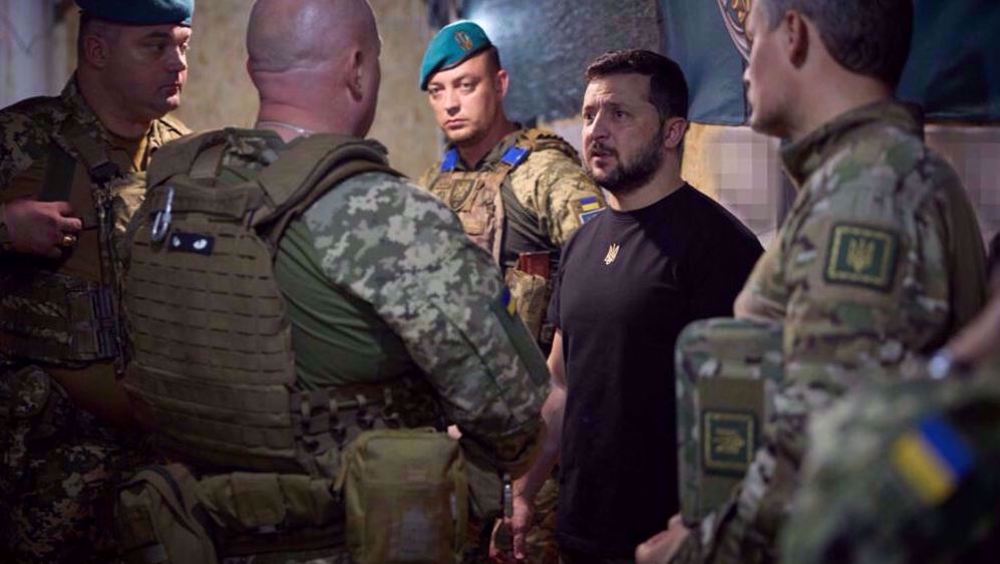
Ukraine peace talks downgraded in London as Kiev rebuffs Trump’s proposal
Trump’s tariffs spark fears of price hikes, product shortages in US: Report
UN offers condolences to Iran after deadly Bandar Abbas explosion
US airstrikes hit seized Israel-linked ship in Yemen: Report
Israeli settlers cut water supply to Palestinians in West Bank
VIDEO | Austria protests mourn Gaza deaths
Ex-spy chief urges ‘revolt’ against Israeli regime; says Tel Aviv must be ‘stopped’
VIDEO | Press TV's news headlines
VIDEO | Paris hosts ‘end famine’ rally in support of Gaza


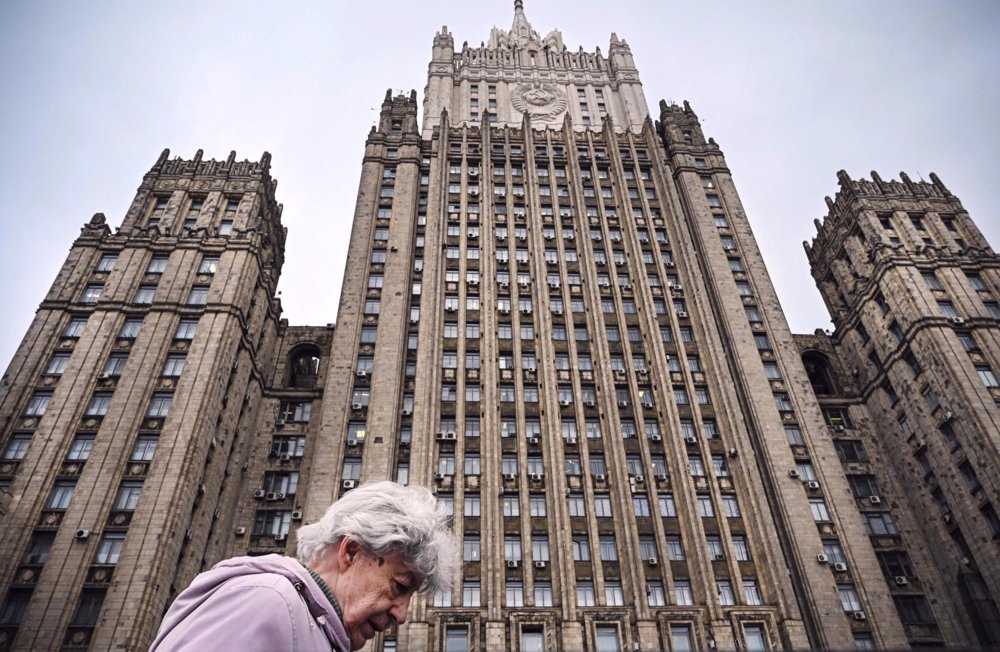
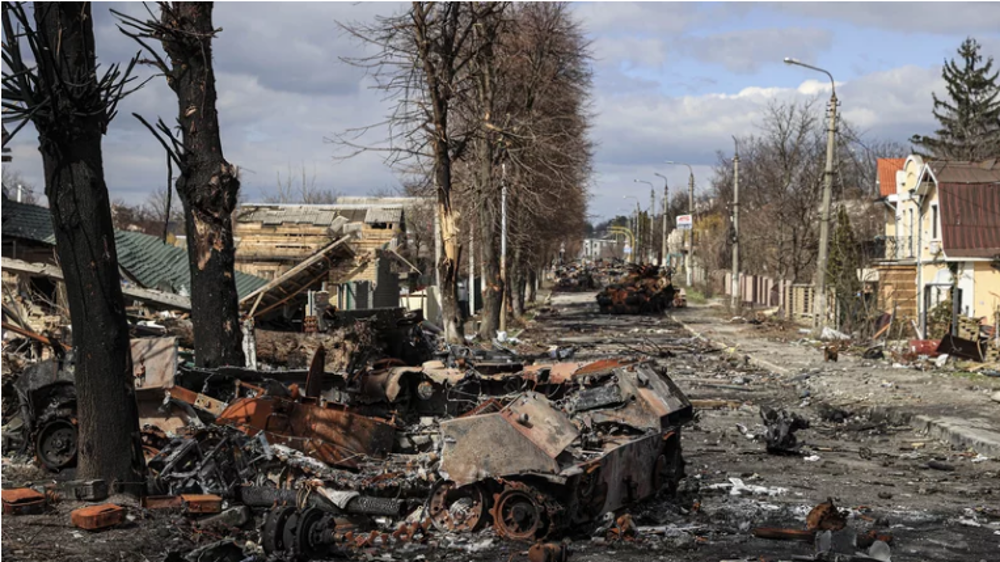
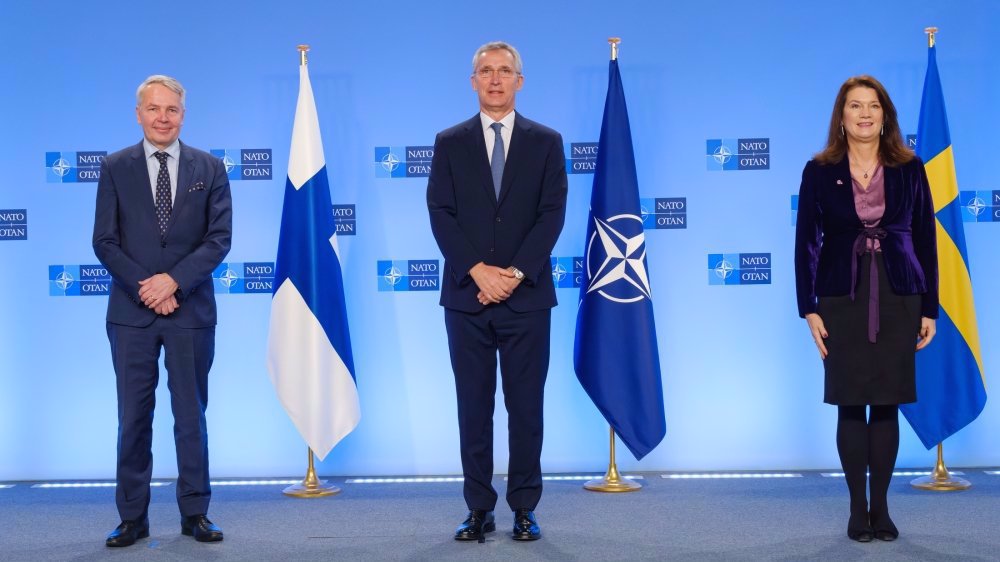



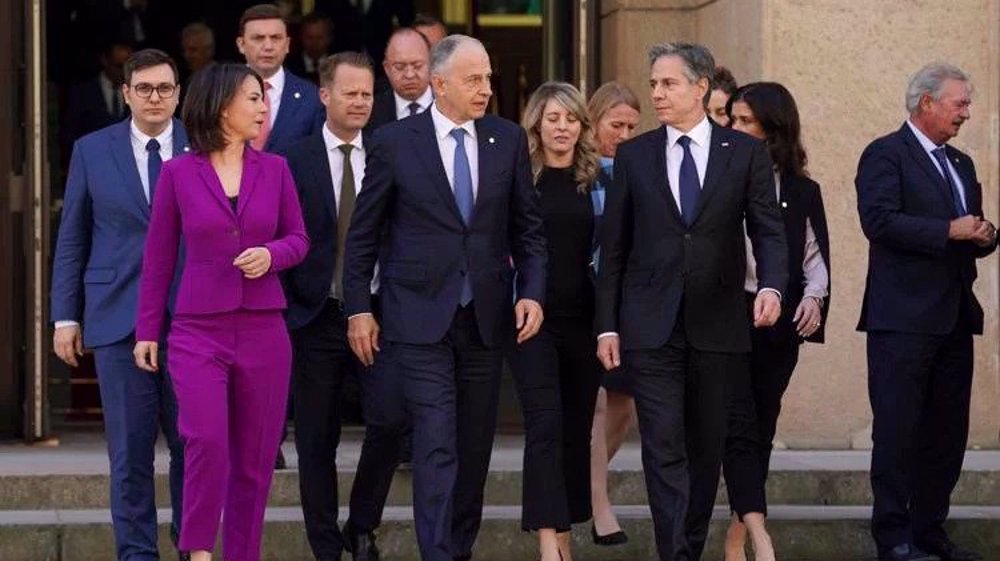
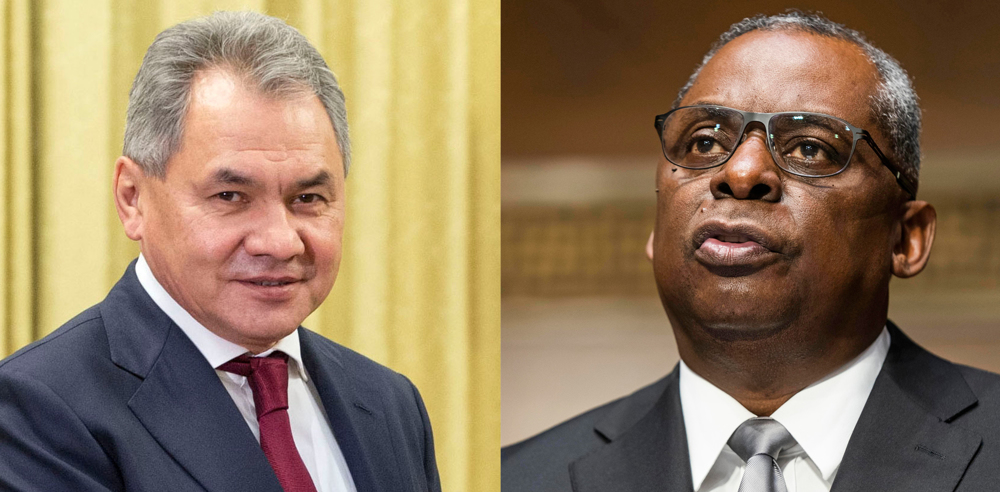
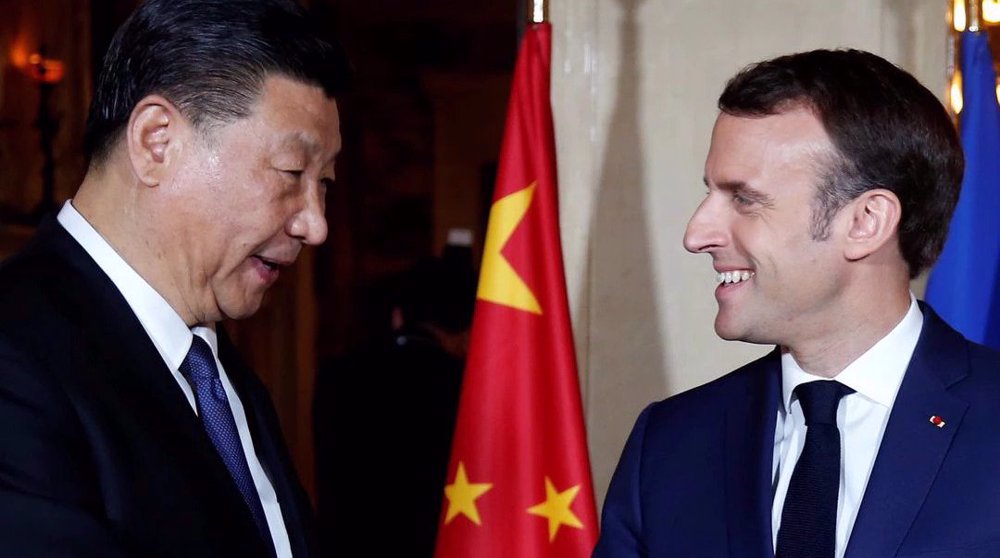
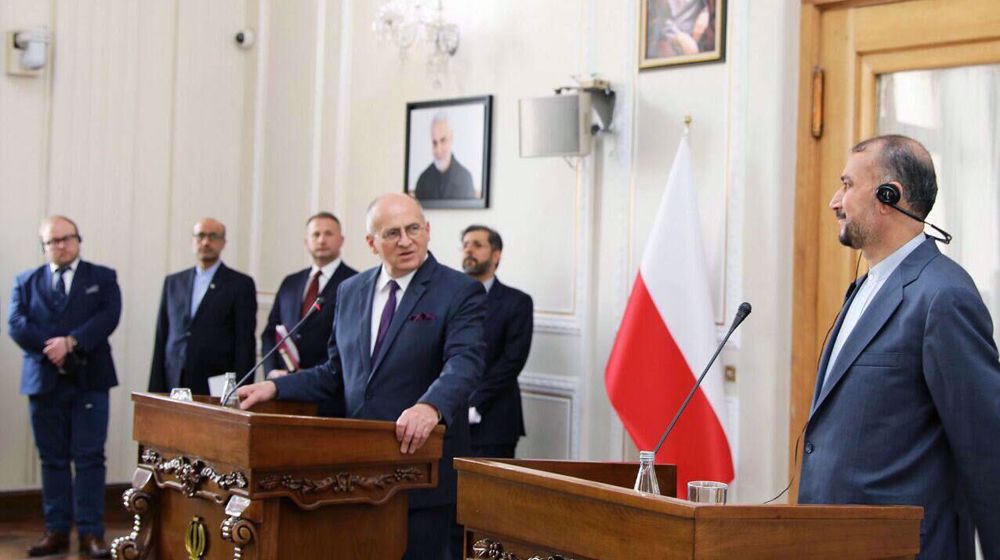
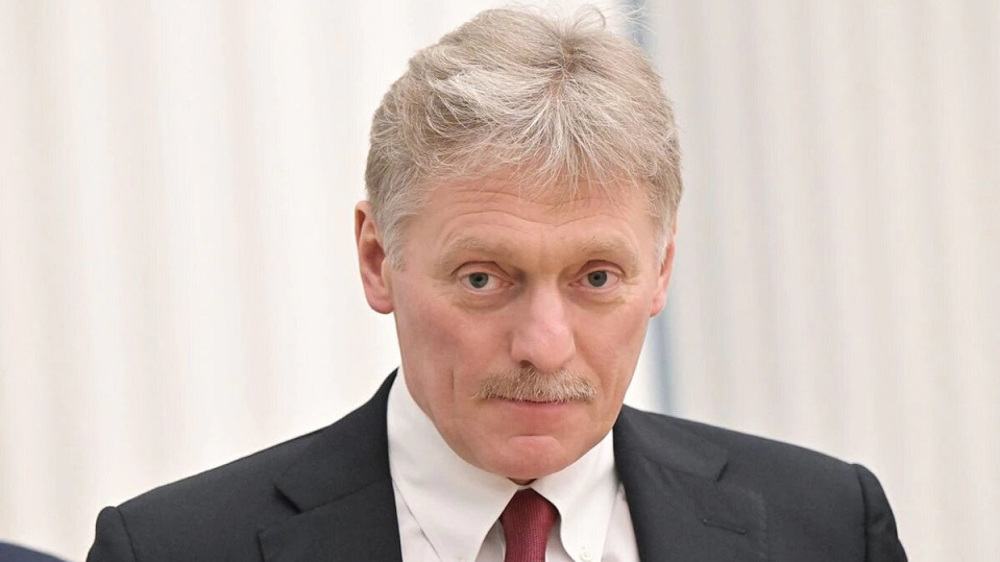

 This makes it easy to access the Press TV website
This makes it easy to access the Press TV website